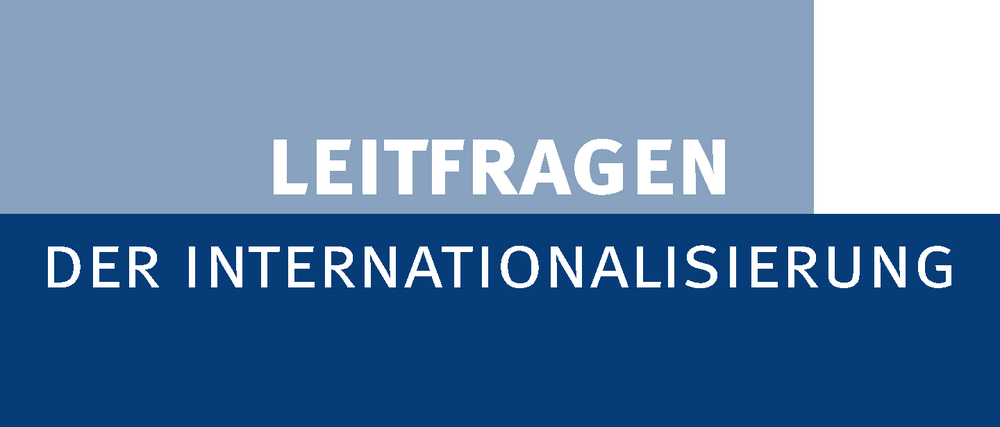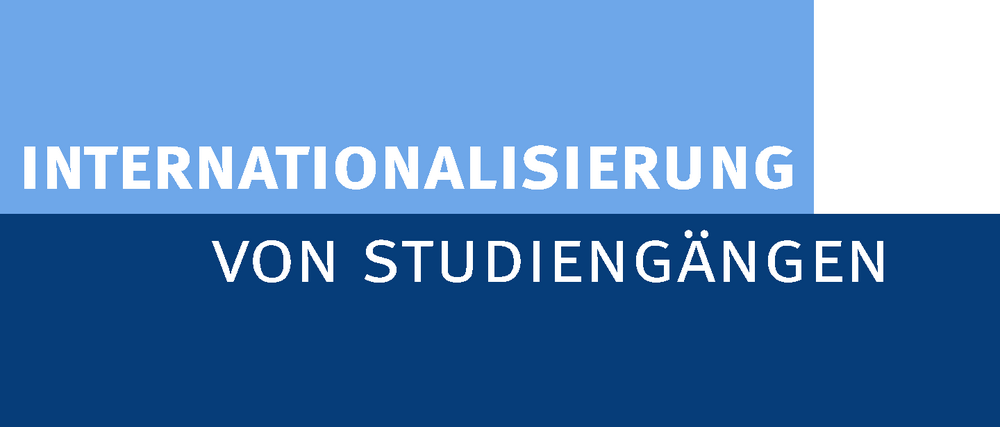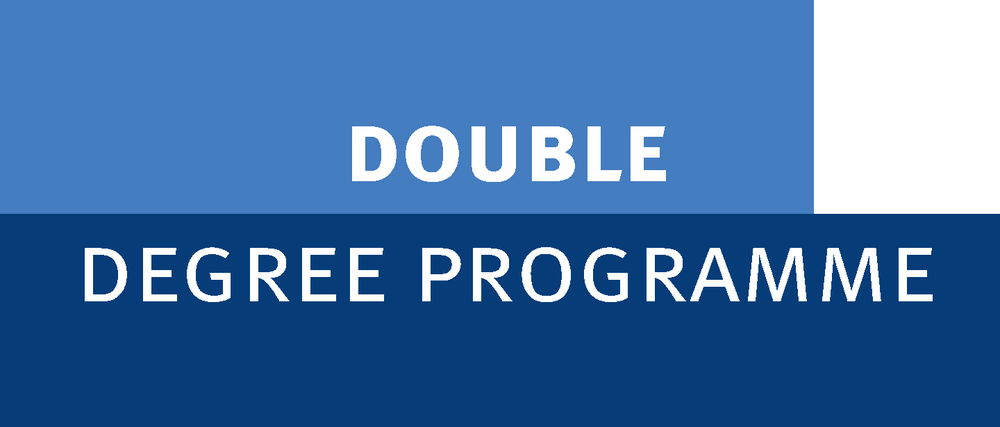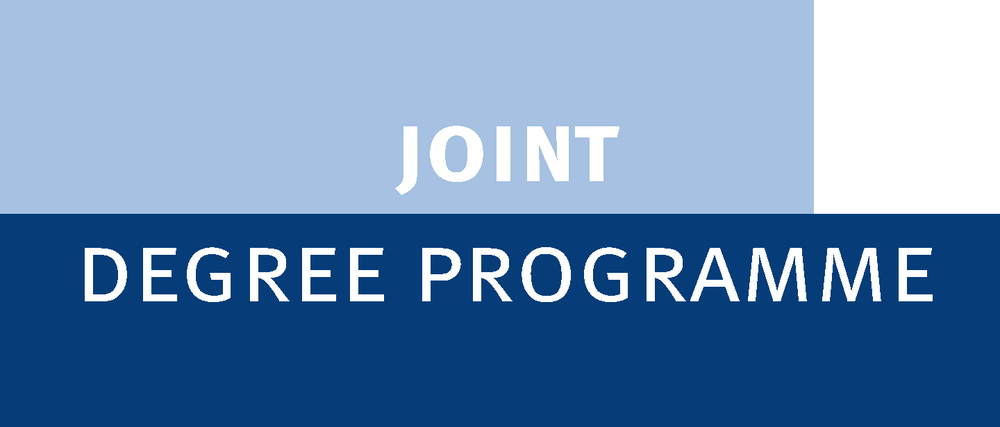Internationalisation and course development
Goals of internationalisation
Julius-Maximilians-Universität Würzburg places a clear focus on internationalisation as a key component of its strategic development goals in the 2023-2027 University Contract. Internationalisation not only promotes global networking and academic exchange, but also strengthens the quality and attractiveness of the degree programmes.
Through targeted measures for the internationalisation of teaching and research, JMU creates an environment that enables students and researchers to gain a wide range of international experience. This includes the expansion of exchange programmes, the promotion of international cooperation and the integration of global perspectives into the curricula. JMU aims to further consolidate its position among universities with strong research capabilities and at the same time strengthen the intercultural competences of its students.
A central component of this strategy is to increase the number of full-time degree programmes taught in English. By expanding the range of English-language programmes on offer, JMU will become even more attractive to international students and at the same time enable local students to expand their language and intercultural skills.
In addition, JMU attaches great importance to the development of double degree programmes and joint master's programmes. These programmes offer students the unique opportunity to obtain degrees from two or more renowned universities and thus improve their career prospects. Such collaborations not only promote the international mobility of students, but also closer networking between JMU and the participating universities. The CHARM-EU alliance with the Master's programme "Global Challenges in Sustainability" starting in the winter semester 2025/26 and the COIMBRA Group are particularly pioneering in this regard.
Another important aspect of the internationalisation strategy is the possibility of a double doctorate (cotutelle). Cotutelle agreements enable doctoral students to complete their doctorate under the joint supervision of professors from two different countries and thus benefit from the academic networks and resources of both institutions.
However, internationalisation can be thought of not only in terms of English-language degree programmes or physical mobility, but also at course level or the individual session of a course that can be directly integrated into the curricula of existing degree programmes. In particular, integrated (specialist) language courses, a flexibilisation of teaching and examination languages and a focus on global contexts support JMU's internationalisation strategy in the sense of a bottom-up approach.
In terms of the agile adaptability of degree programmes to current developments in the international (higher education) context, three levels can be distinguished on which internationalisation can be considered.
Targeted measures within existing study structures can be used to make study programmes in Würzburg more international. Examples include curricular language courses that teach subject-specific language and writing skills, as well as sessions within existing courses that focus on language and writing skills. Diversity in teaching and examination languages is also conceivable here, whereby the focus can be not only on English, but also on other languages (multilingualism instead of English). In addition, a reorientation of the content of the curriculum in existing courses towards international contexts can increase the attractiveness of degree programmes in times of global consolidation.
Within the framework of cooperation agreements between JMU and partner universities in other (European) countries, targeted mobility programmes can be used to increase the internationalisation of existing degree programmes. The physical mobility of students and researchers through stays abroad not only enables them to familiarise themselves with other subject areas, but also improves their intercultural skills. Integrated or compulsory stays abroad are also possible. Virtual mobility through participation in virtual exchange programmes in the form of MOOCs at other cooperating universities is also conceivable.
At the highest level of international cooperation is the joint awarding of degree certificates within the framework of double-degree or joint-degree programmes. Double-degree programmes combine two existing, structurally similar degree programmes (ideally with different specialisations) at JMU and a partner university through corresponding cooperation agreements. Students spend part of their degree programme at JMU and at the respective partner university. Joint-degree programmes, on the other hand, have their own curriculum, which is supported by several institutions and thus enables an academic stay at more than two universities. A pioneering example of this is the Global Challenges in Sustainability Master's programme of the CHARM-EU Alliance, which guarantees interdisciplinary and geographically independent study through blended learning as well as virtual and physical mobility.
Please refer to the results of the HRK ADVANCE project - Optimising the governance and processes of internationalisation, which is dedicated to the different legal frameworks for international study programmes in Germany.
DAAD programme for the promotion of integrated international degree programmes with double degrees
In addition, there is the possibility of financing personnel resources (e.g. for postdocs and junior professorships) via third-party funds.
Best practice examples of the HRK
Further information from the HRK on the internationalisation of curricula with subject-specific perspectives
The Master's degree programme "Global Challenges for Sustainability", which will accept students for the first time in the winter semester 2025/26, is a pioneering international degree programme at JMU. This programme is offered by the CHARM-EU alliance with eight other universities. Further information can be found here.










